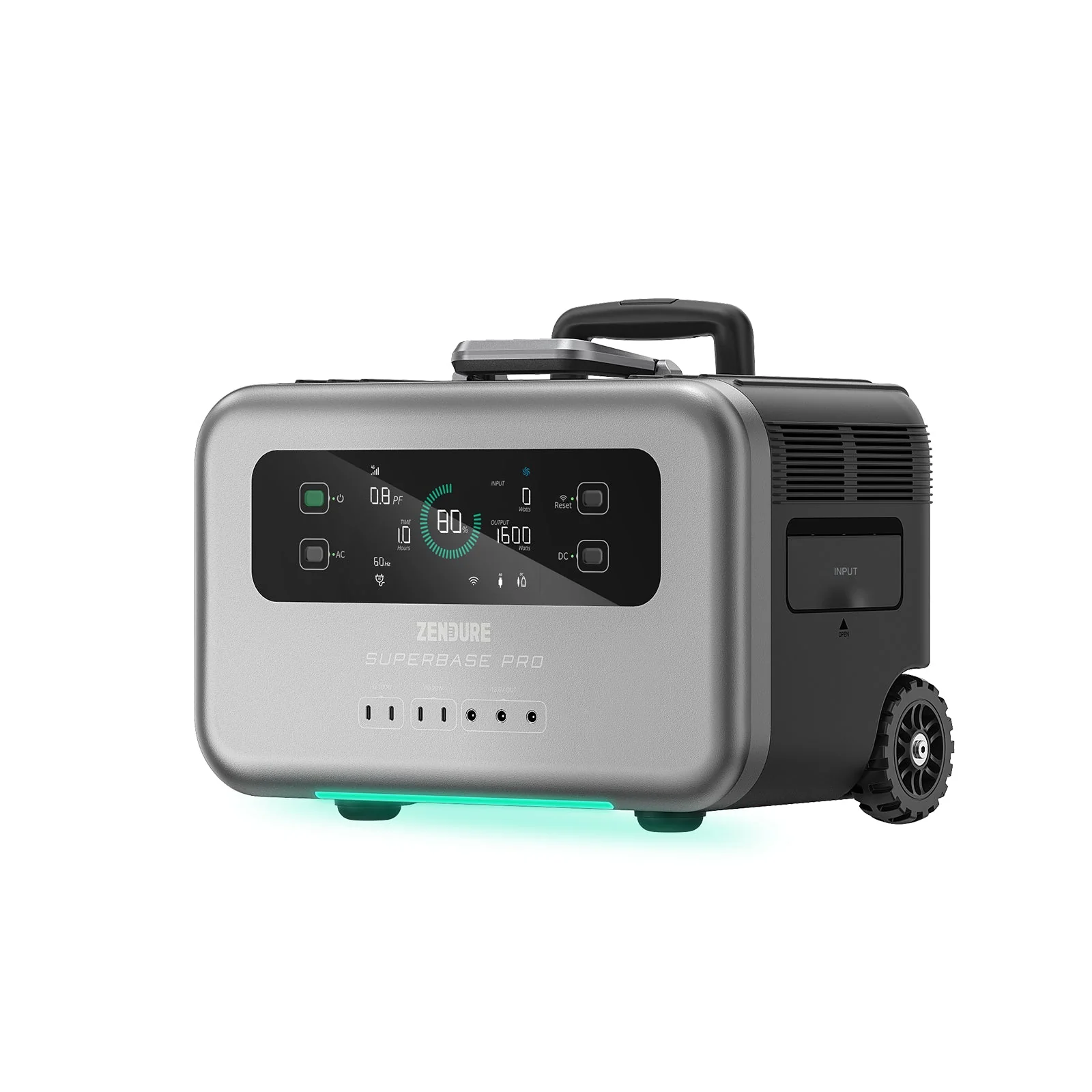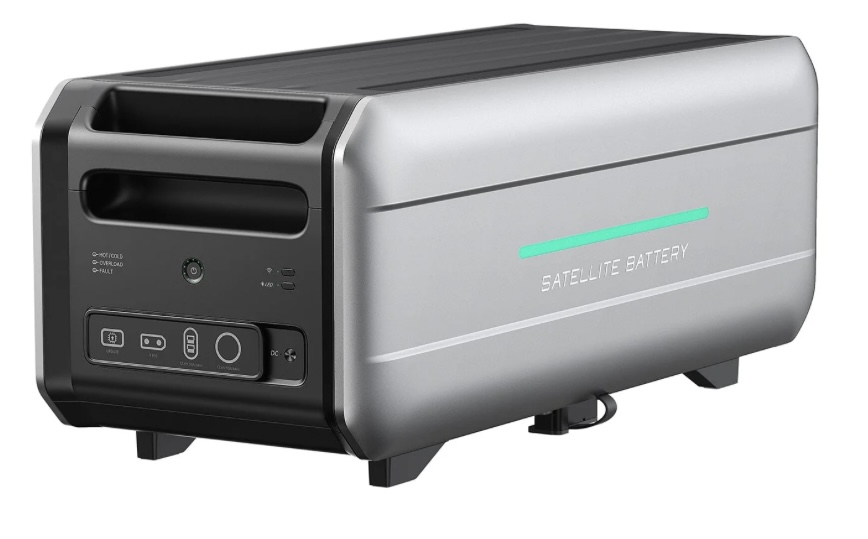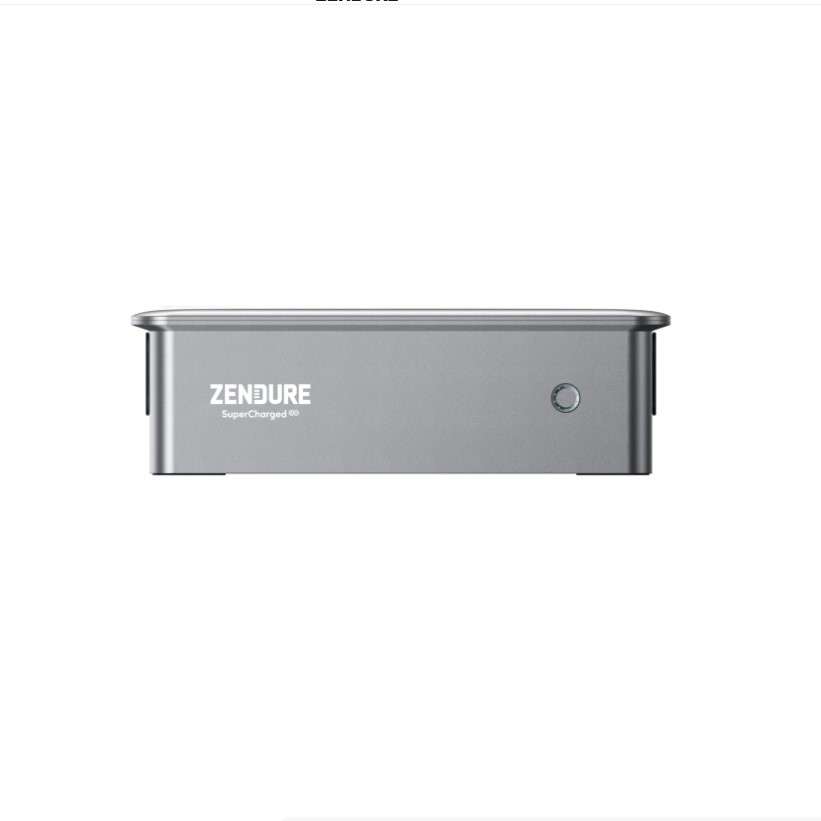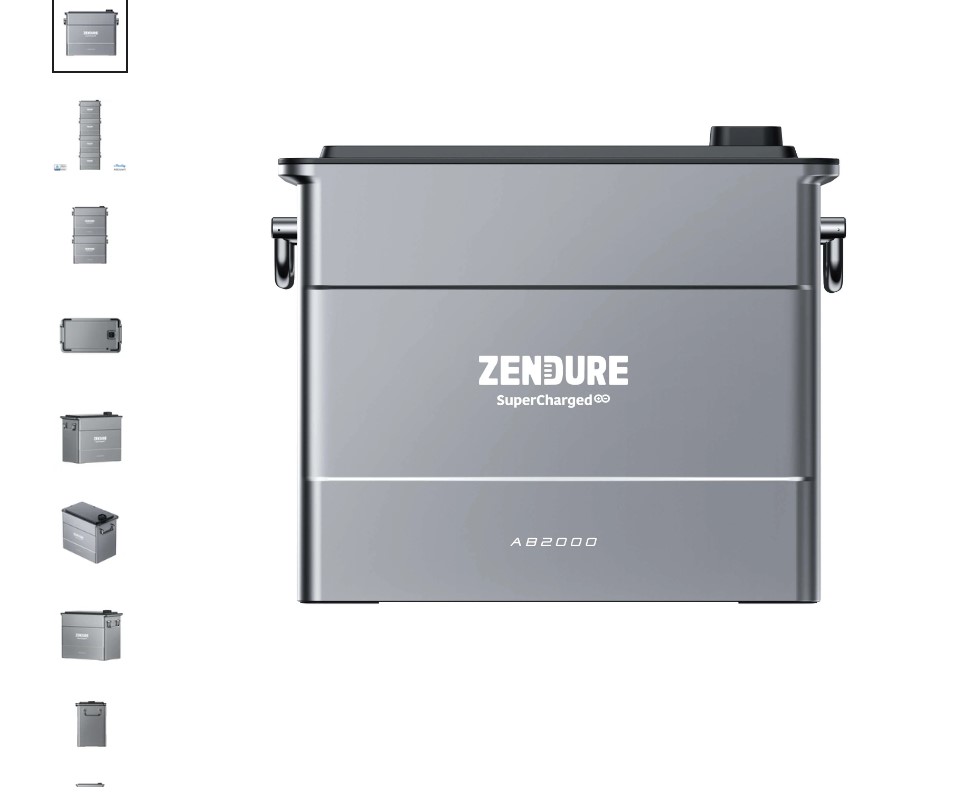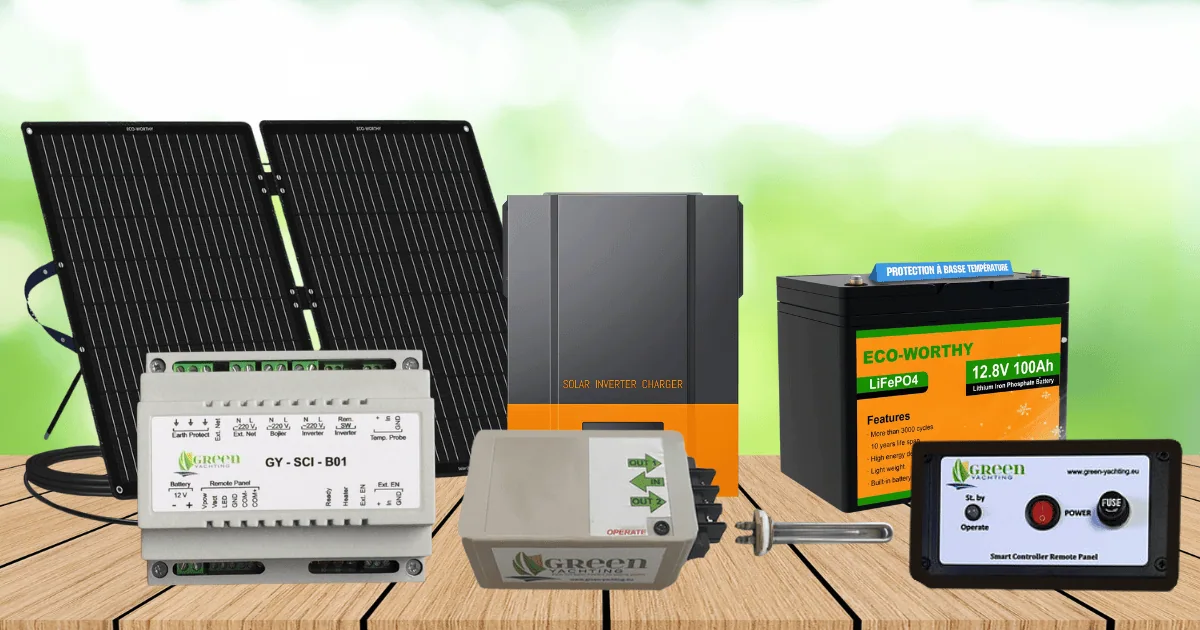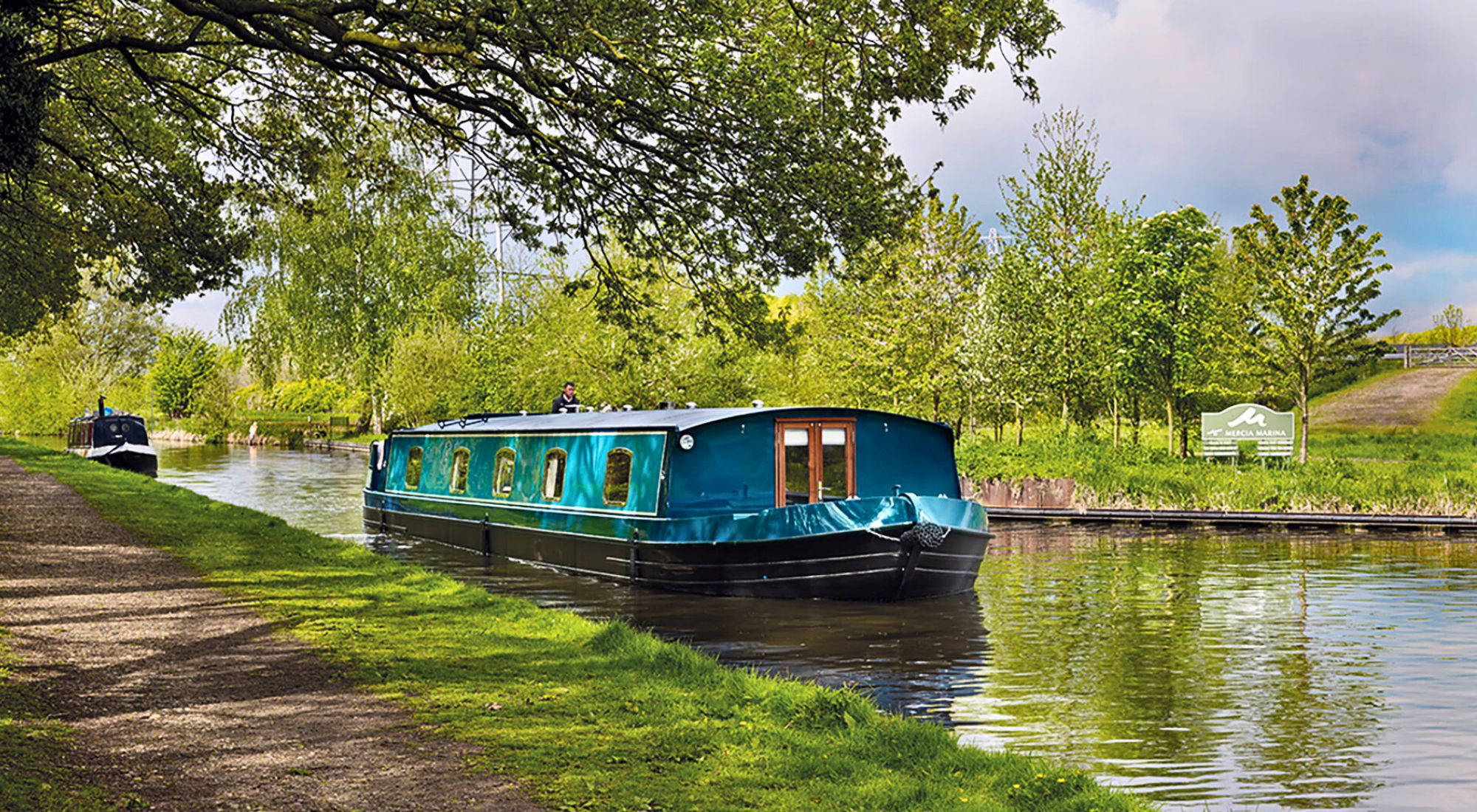
SOLAR SYSTEM PRODUCTS
for WIDEBEAMS
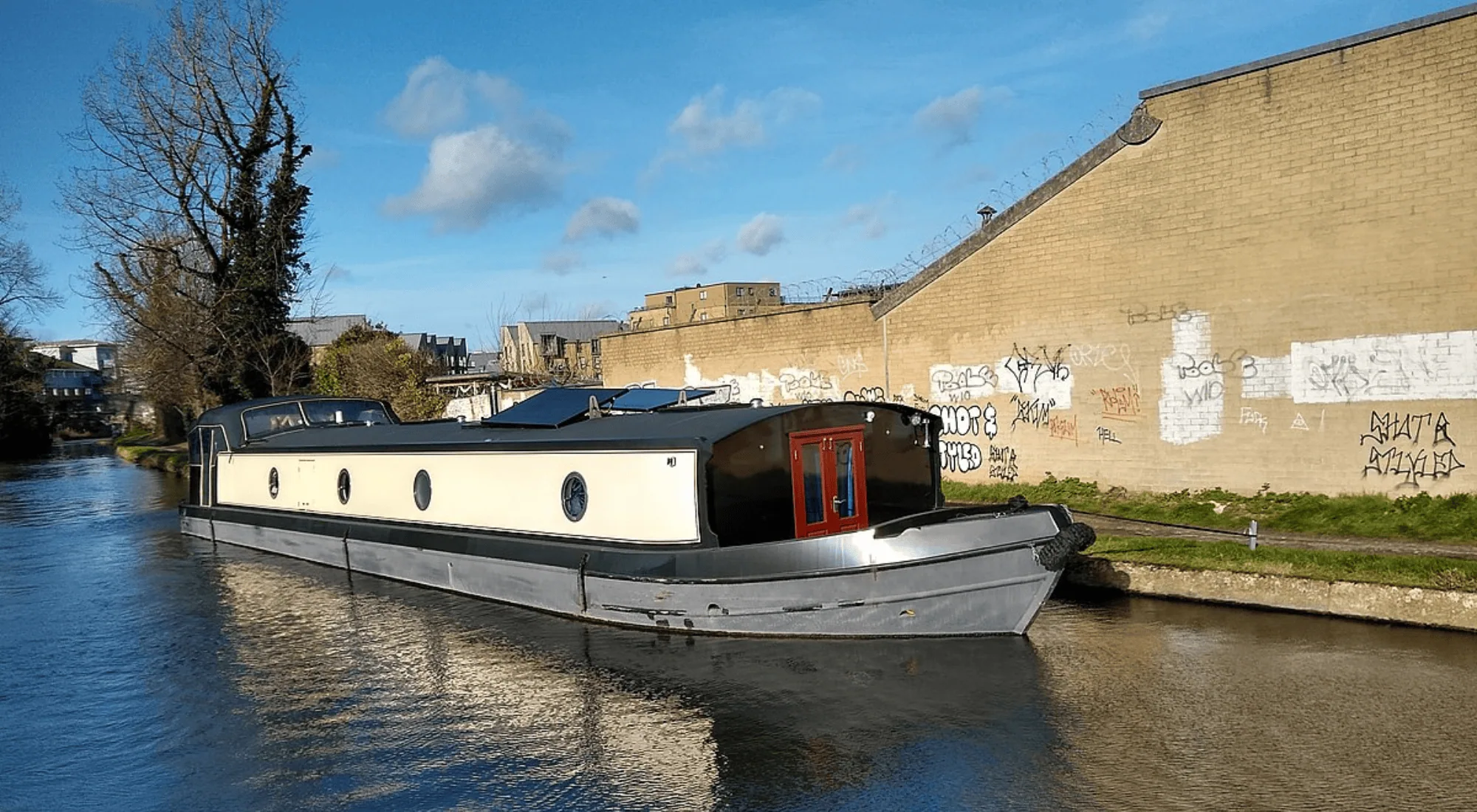
CHOOSE from…
€1,999.00 – €3,499.00

SUPER SOLAR OFFER – Zendure 1500 Power Station + 420w Solar Panels
3S Plug & Play, Afloat, Camper Vans, Caravans, Flexible Solar Panels, Houseboats & Barges, Motorhomes (RVs), Narrowboats, On the Move, Power Station, Power Stations, Power Stations, Promoted, River Cruisers, Sailing Yachts, Solar Panels, Widebeams, Zendure€1,299.003S Plug & Play, Afloat, Camper Vans, Caravans, Flexible Solar Panels, Houseboats & Barges, Motorhomes (RVs), Narrowboats, On the Move, Power Station, Power Stations, Promoted, River Cruisers, Sailing Yachts, Widebeams, Zendure, Solar Panels, Power Stations€1,299.00
- Sale!
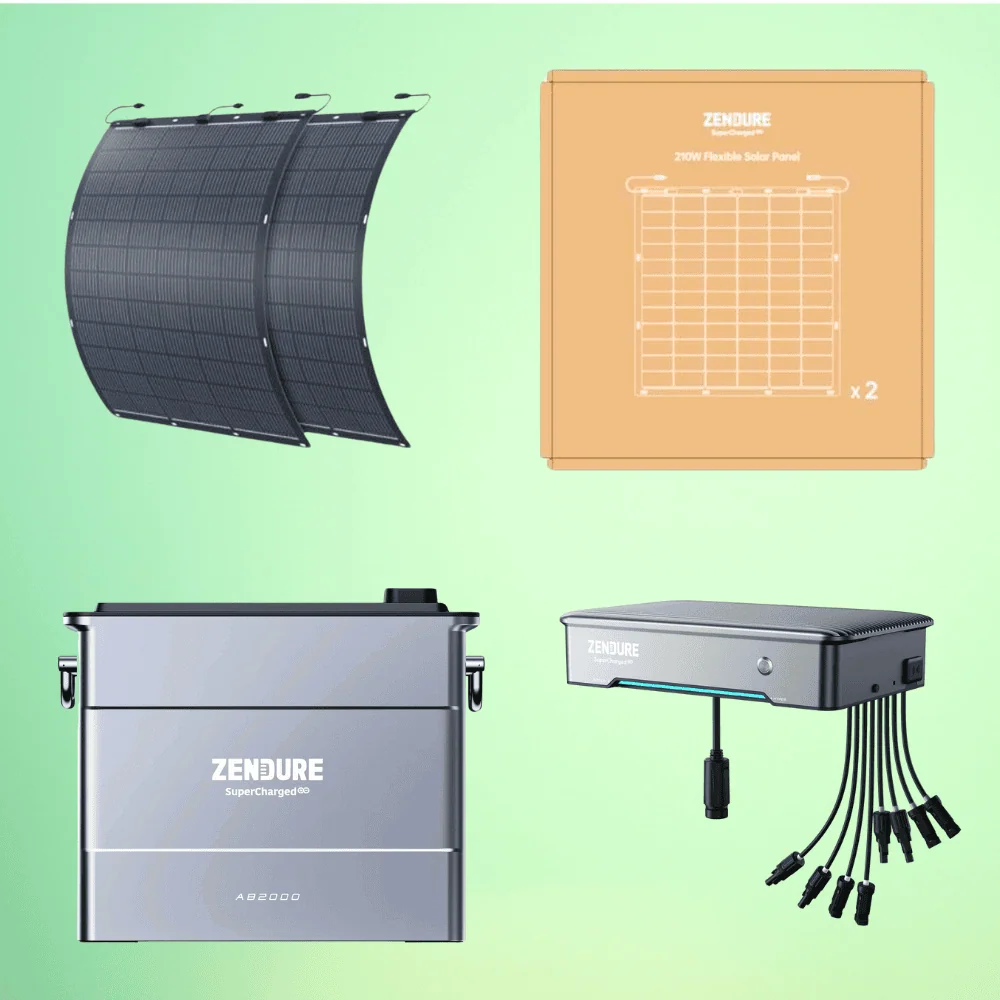
Zendure/Super Solar Power Hyper Starter Kit
Batteries < 3Kw & Chargers, Batteries <3Kw, Domestic Solar Power Systems, Dry Land, Flexible Solar Panels, Promoted, Zendure, Zendure Balcony Systems€2,495.00Original price was: €2,495.00.€2,195.00Current price is: €2,195.00.Batteries <3Kw, Domestic Solar Power Systems, Dry Land, Flexible Solar Panels, Promoted, Zendure, Zendure Balcony Systems, Batteries < 3Kw & Chargers€2,495.00Original price was: €2,495.00.€2,195.00Current price is: €2,195.00.12% Off
- Sale!
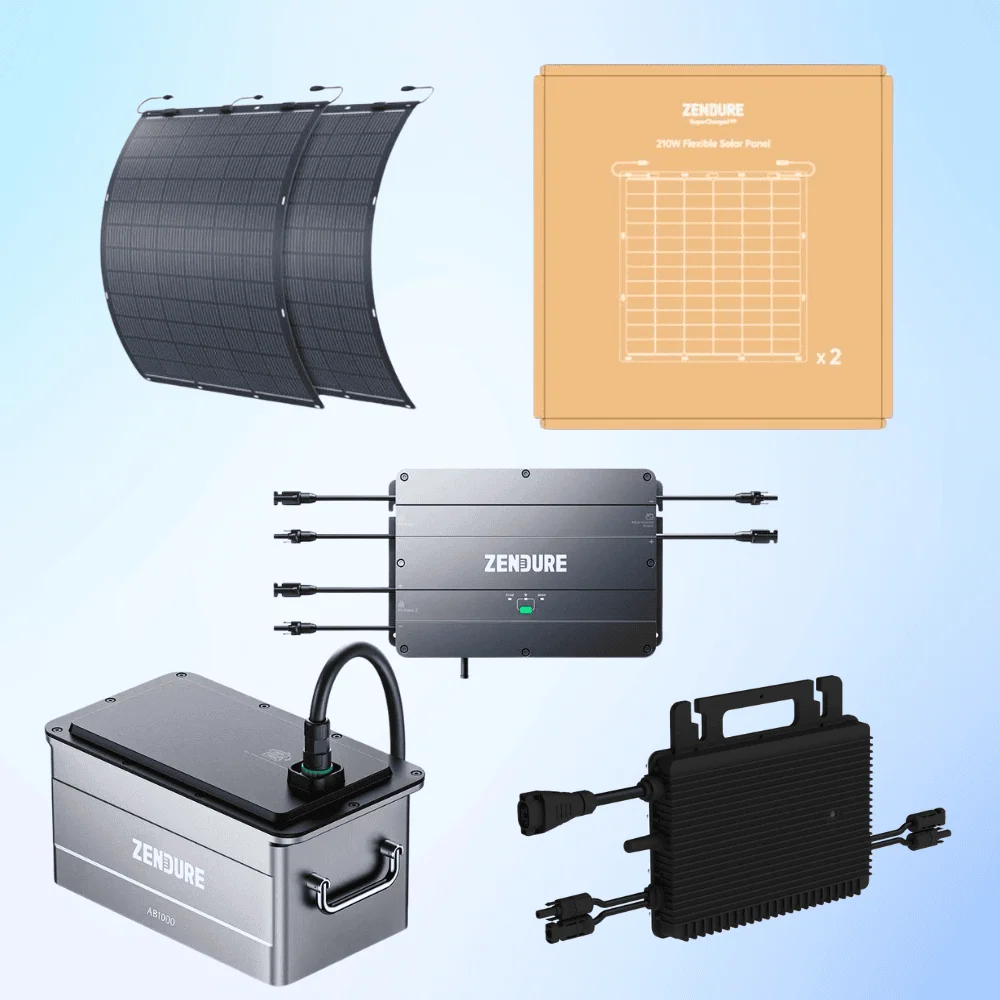
Zendure/Super Solar Power Starter Kit
Camper Vans, Flexible Solar Panels, Motorhomes (RVs), Narrowboats, Promoted, Solar Panels, Widebeams, Zendure, Zendure Balcony Systems€1,395.00Original price was: €1,395.00.€1,295.00Current price is: €1,295.00.Camper Vans, Flexible Solar Panels, Motorhomes (RVs), Narrowboats, Promoted, Widebeams, Zendure, Zendure Balcony Systems, Solar Panels€1,395.00Original price was: €1,395.00.€1,295.00Current price is: €1,295.00.7% Off
- Sale!
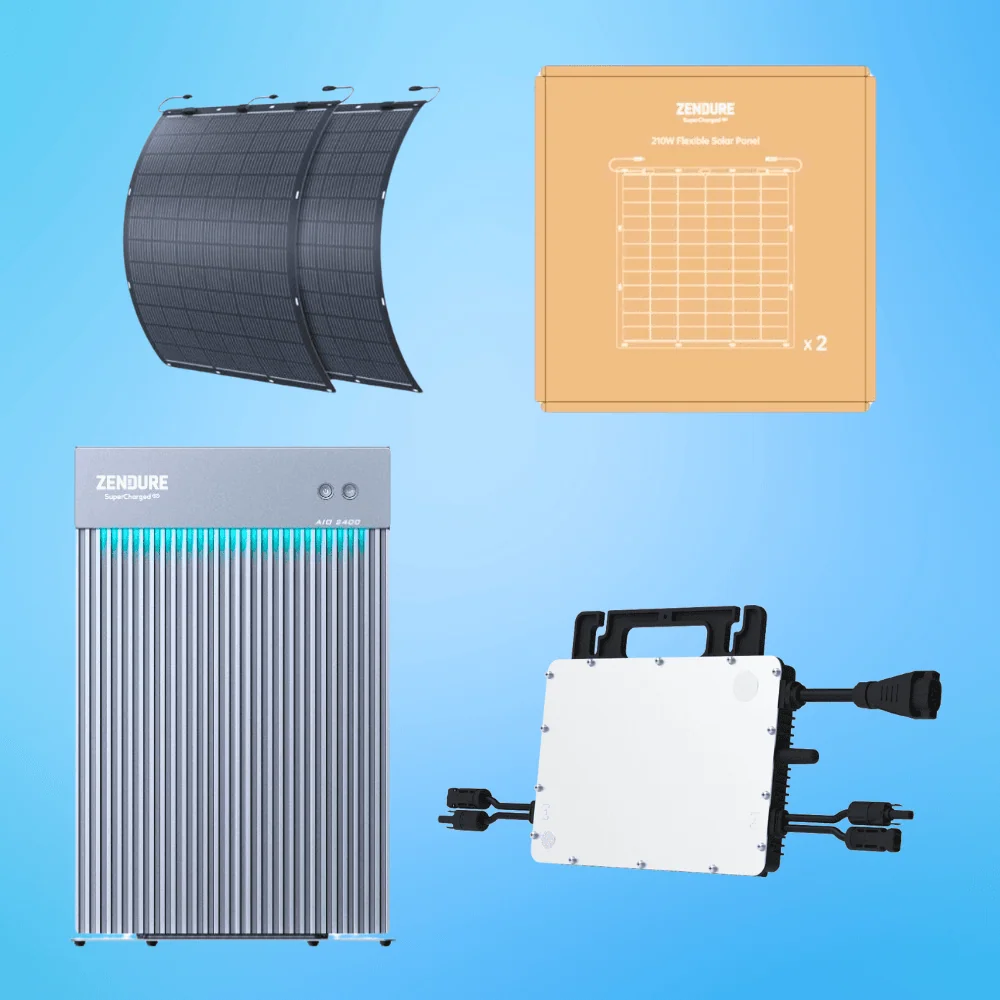
Zendure/Super Solar AIO2400 Power Starter Kit
Afloat, Dry Land, Flexible Solar Panels, Houseboats & Barges, Promoted, Solar Panels, Widebeams, Zendure, Zendure Balcony Systems€2,195.00Original price was: €2,195.00.€1,945.00Current price is: €1,945.00.Afloat, Dry Land, Flexible Solar Panels, Houseboats & Barges, Promoted, Widebeams, Zendure, Zendure Balcony Systems, Solar Panels€2,195.00Original price was: €2,195.00.€1,945.00Current price is: €1,945.00.11% Off
- Sale!
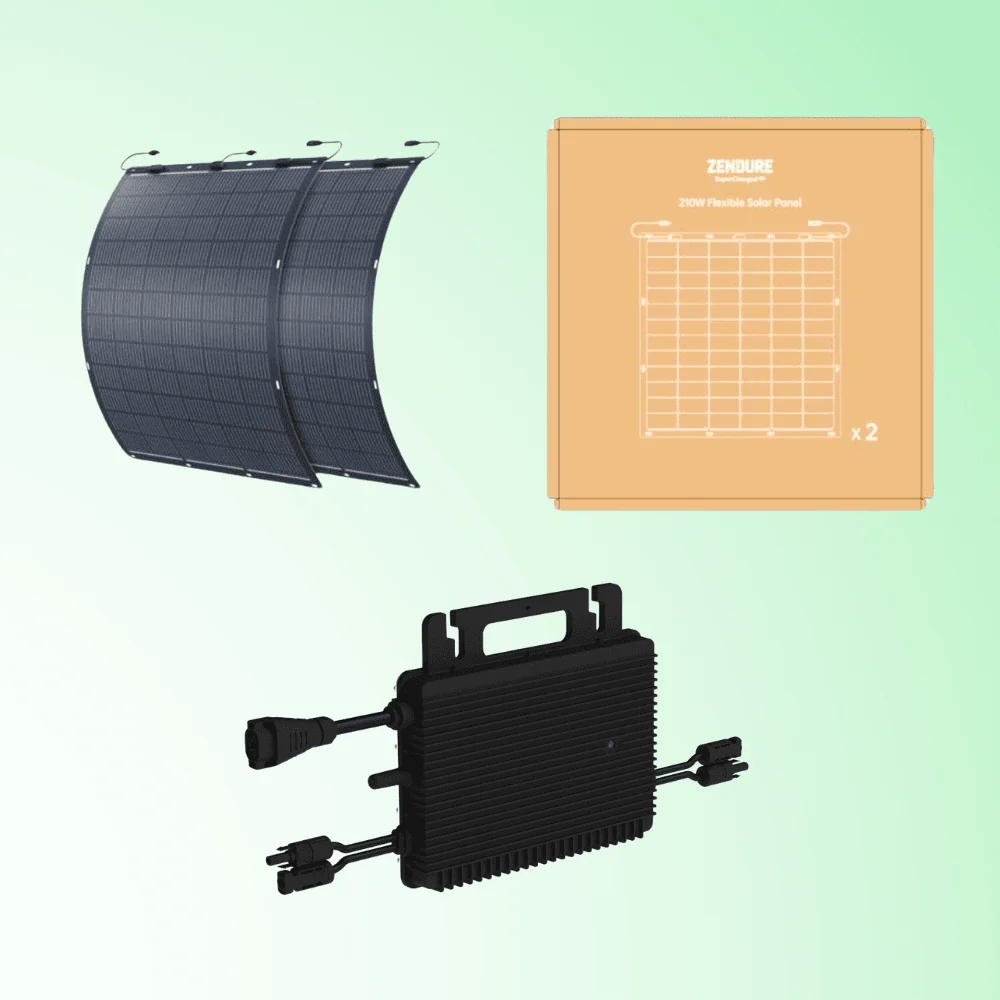
Zendure/Super Solar Starter Kit
€445.00Original price was: €445.00.€395.00Current price is: €395.00.€445.00Original price was: €445.00.€395.00Current price is: €395.00.11% Off
TECHNICAL COMMENTS
Super Solar Systems has long loved British canal boats – wide-beams and narrowboats. Many wide-beam owners are constant cruisers and have extensive solar panel installations because mains power is not widely available away from marinas. The wider beam means that interior space is much greater for a given overall length than is possible on a narrowboat. The comfort level is consequently greater (equivalent to a small house) and the possible number of domestic appliances is greater, needing a more powerful widebeam solar installation. Dutch barges and others converted to residential use have similar solar energy needs.
Widebeam solar power systems are complex and it is generally hard to get experienced professional advice on what is best solar energy system for widebeam. It is essential to start by calculating your probable consumption. Contact Us if you would like a FREE copy of our electricity consumption estimator for wide-beams.
The sections below offer advice on choosing the best widebeam solar panels solution for the components of your on-board solar solution. The section on Energy Management & Storage is essential reading. News articles at the bottom of the page are also a valuable source of information and guidance.
More Technical Information
Wide-beam total roof space is considerable, with as much as 45m² or more often available. That allows a panel capacity of up to 6Kw. Our FREE electricity consumption estimator will not only help you decide on the capacity that you need, it also shows you how much you can expect to produce throughout the year. Contact Us for your FREE copy.
The first technical decision is whether to use rigid or flexible panels. Rigid produce more energy per m² and, at little over £100 for 400w, are much cheaper than flexible at around 3 times that. However they are 20% of the weight of rigid, easier to install solar power for widebeam, and, depending on the curvature of your roof, flexible may be the best solution. Those two factors meant that, on our houseboat, flexible were essential. The same will be true for some widebeams.
Given the relatively low cost of the panels themselves, constant cruisers should usually install as many as they can. In winter, it is hard not to have an energy production deficit forcing the use of the engine or a genset to cover the shortfall. Having more storage capacity is not the answer if you do not produce enough electricity to charge them!
You are likely to need to connect them in a mixture of series (2s and 4s) and parallel. Large panels are generally 24v so pairs produce 48v, and 4s around 96v. The right configuration for you will depend on the device to which they are to be connected. (See below).
Simple Controllers.
These devices are connected to your solar array and their sole purpose is to charge your batteries. Two technical controller technologies are offered – PWM and MPPT. The former is cheaper but some 20% less efficient, and we do not advise it.
Our chosen suppliers are Epever and Ecoworthy. We have good personal experience with both and they are compatible with both lead/acid and lithium batteries. Capacities run from 20 to 60A and what you need is directly linked to the power output of your solar array. The output of a typical 400w 24v panel is 17A.
Hybrid Controller/Inverters
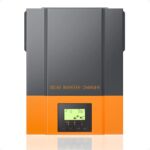
combine the functions of MPPT solar charge controllers, mains charge controllers, and 230v mains inverter in a single, low-cost, easily installed unit. With 12v batteries, the inverter output is however limited to 1500w. The 3 and 5Kw products need to be connected to 48v batteries.
Our chosen suppliers are Epever, EcoWorthy, and EASun with all of whom we have personal experience.
THE RIGHT DECISION.
What is right for you will be determined first by the nature of your wide-beam’s primary electrical installation. If it is 12v with some 230v, then a hybrid controller/inverter is an excellent solution subject always to not needing inverter output of less than 1500w. If your boat is primarily 230v then a hybrid inverter and 48v domestic batteries will be the best solar power solution for widebeam if you decide against a power station. If you have 12v domestic batteries and need more than 1500w of mains power then a large capacity 12v to 230v inverters will be the only viable solution.
Owner surveys have told us that 12v lead/acid remains the dominant battery chemistry for most wide-beam owners. We accept that there are technical arguments in favour of that for engine starting, but favour the LifePo4 version of lithium batteries for domestic power storage. They are still a little more expensive but they offer longer life, less weight & volume, and charge much faster. For your wide-beam, either a 48v LifePo4 domestic battery bank and hybrid inverter OR a power station (see below) will provide year-round comfort. Care is needed if they are to be connected to an engine alternator. Please read the information at LifePo4 batteries. Contact Us for advice if that is not clear.
These high capacity LifePo4 batteries are a welcome newcomer on the market. They come in multiples of 5, 10, and 15Kw capacities. Connecting them to a hybrid inverter is exactly the same as connecting a single conventional LifePo4 battery but saves the need to connect multiple batteries to achieve the desired capacity. Very well built, they are also less expensive and less bulky than buying the equivalent capacity in multiple smaller units. The only disadvantage is that they are heavy (125Kgs for 15Kw) but even then they are on wheels so getting them to the right place is a minor problem.
Most wide-beams will have daily electricity consumption levels in excess of 3Kw daily of which over 2Kw at night. Many will be nearer 5Kw with 3Kw at night. Storage is therefore a major concern. Given the uncertain solar output in winter these units offer a useful solution on a wide-beam boat.
have long been the favourite of outdoor campers, as well as camping car and van owners. They are very useful solar power for widebeam, most likely as part of a combined system. A single package contains an
-
- MPPT solar controller,
- a large LifePo4 battery,
- mains inverter, and
- extensive AC, DC, and USB power outlets.
It can be charged from solar, the mains, an engine alternator, or another external battery. It can connect to the boat’s existing 12 and 230v systems. Inverter capacity rises to 2, 3, or even 5Kw providing enough mains power for almost all wide-beam owners. However as set out above, cost considerations are likely to mean that such units are based around a 2Kw inverter.
Our solar hot water controllers are an established favourite on sailing yachts. Owners long ago discovered the comfort of having free hot water from surplus solar energy, and it is thanks to them that we realised that not having hot water was not only a problem/need on sailing yachts, but on all boats, and at remote off-grid land sites. Our solution is much easier to install than thermal panels and much safer than gas – always a hasard on a boat.
The digital controller unit is connected to your 12 or 48v domestic battery bank (lead/acid or lithium) and from there on to your water heating element either directly or via a 230v mains connection. The default configuration switches on the heating element if
- 12v battery voltage is greater than 12.2v (51.2v for 48v)
- solar panel output is greater than 300w (prevents accidental use when there is insufficient solar input)
- water temperature is less than 40°C and not over 52°C
This means that you are using any surplus solar energy to heat your water. If there is insufficient battery & solar power, the mains charger will mean that the batteries are over the 12.2v threshold. Starting the engine will activate the heat exchanger and push the battery voltage level over 12.2v so is the more efficient of the two as long as there are no angry neighbours!
The system needs a solar installation of at least 400w and 12v battery capacity of 2400w. We know what works with what, and, more importantly, what doesn’t. We can help you make the right purchase decisions for your precise circumstances. To help us best help you, complete the Project Appraisal Form and we will gladly advise you.
WHY BUY FROM US?
Personal Experience of Everything we Sell:
We live on a large houseboat that is 100% off-grid with a complex solar system having rigid and flexible solar panels and 3 different energy storage and management systems including a portable power station. We sell products that we have used and know work together.Expert System Design:
Together we’ll assess your specific needs and design a widebeam solar installation that efficiently powers your appliances and systems.Innovative Products:
Our product range includes standard components for a widebeam solar installation like solar panels, solar controllers, and LifePo4 batteries. We also offer more innovative products like flexible solar panels, hybrid inverters, large LifePo4 batteries, power stations, and our own proprietary smart switch that gives you hot water from surplus solar energy.DIY Kits & Professional Installation:
Choose a user-friendly DIY kit for experienced do-it-yourselfers, or let a professional team handle the entire installation process.
Next Working Day Dispatch:
We do our best to dispatch orders the day following receipt of payment.Delivery in 5 to 7 working days:
We use the Post Office to send your order – fast reliable service with parcel teracking30 day Money Back Guarantee:
If the product is in any way defective, you can return it for a full NO QUIBBLES refund
RECENT NEWS
Welcome to Super Solar Systems
Christopher Longmore2024-04-22T11:47:24+01:00Welcome to Super Solar Systems The successor to Green Yachting. We have extended our marketing activities so that as well as [...]

